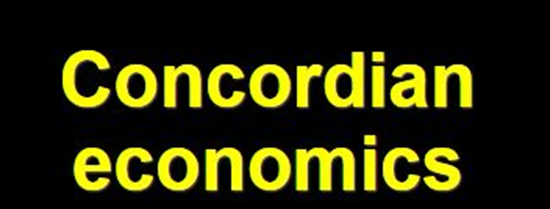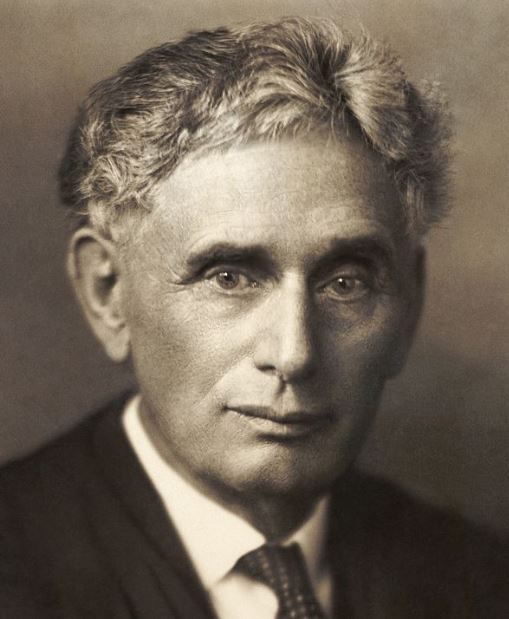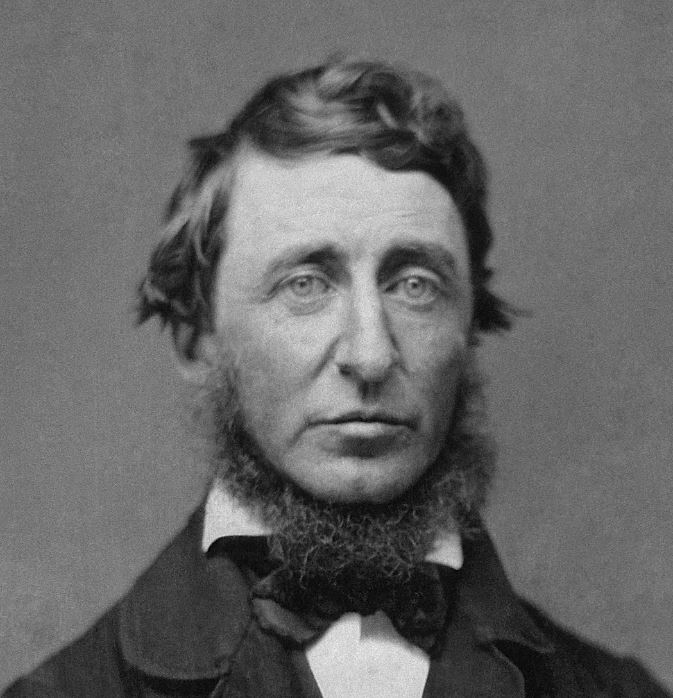I have written of some deep, hidden wounds in the country quite a few times in recent years. The importance of the topic calls for a revisit. The occasion is especially propitious because I have lately approached the topic from the point of view of public service.

The Wounds of MAGA People
If we want to unify our country, it is time to act. We do not have much time. The most important project is to understand what holds MAGA People together, the swing vote that determines the elections.
Yes, race is a factor; but it is literally a skin-deep factor. Underneath it, there are basic questions of economics and power. Race, gender, ethnicity, and culture are all tools of division.
As pointed out elsewhere, we must understand that the affections that hold MAGA People together are the resentments and the afflictions that society inflicts upon them.
Specifics
- The latifundia are eviscerating their lives; yes, but who knows about the latifundia any longer?
- Ever since Constantine converted to Christianity, latifundia have disappeared from polite political imagination;
- But vast tracts of land—whether in the wilderness, in dilapidated downtowns, or in the undeveloped band of land that strangles the cities—are still controlled by few people and rich corporations:
- As a consequence, MAGA people tend to be corralled into crowded lots.
The result of this is:
- MAGA People’s lives are being eviscerated when money is lent to people with money on easy terms and the people without money are left to pay outrageous interest.
- MAGA People’s lives are being eviscerated whenever two mega corporations are glued together; then the few gain more power and the people within and without both corporations suffer many afflictions.
- MAGA People’s lives are being eviscerated by robots that take their jobs, their livelihood, away.
These four wounds must be obliterated from our social context. What better tool to accomplish this aim than exercising our “public service” inclinations?
What Is Public Service?
Louis D. Brandeis believed that the most important function of a human being is not that of a public officer but that of a “public citizen.” What he meant is clear. A public citizen is the person who is deeply involved in the affairs of his or her community. (A warning. The original statement is: “The most important political office is that of the private citizen.” Notice that he was called a “people’s attorney”).

Louis Brandeis (1856-1941) Wikipedia, Public Domain.
Having made enough money as a corporate lawyer, Brandeis early retired to become a primary protagonist of the Progressive Movement, the movement that attempted to make many things right and created many public institutions that made things a bit more equitable than they ever were in the United States. Later, after a strenuous fight, he was appointed by President Wilson to the Supreme Court in 1916 and there he helped tilt the Court more toward a progressive bent than it ever was before. He retired in 1939.
Apart from offering splendid examples of his own participation in public affairs, Brandeis left few clues on how to become a “public citizen.”
Today’s Condition of a Public Citizen
A public spirited person today is powerless.
In today’s world the individual person counts for nothing. At best, a public spirited person has the only choice to become either a martyr or a slave.
Neither condition is appealing, so the “normal” human being retreats into himself or herself. Why? Before attempting to give an answer to this question, we must delve into today’s conditions. It is believed that the social “system” as it has evolved—at least since Brandies’ days—favors the few at the expense of the many.
This is not true.
The “system” serves no one. If you are a millionaire, how will you rest tonight with such gyrations in the Stock Market? And what if you are invested in the Stock Market with borrowed money?
It is more accurate to say that the “system” has reduced the entire population to a community of beggars: the poor beg for food and shelter; the middles classes beg for a job; and the affluent beg for tax reductions and subsidies.
- The “system” must be changed.
- The “system“ can be changed.
- The “system“ can be changed to benefit everyone.
Concordian Economics and Our Social System
Concordian Economics is a new paradigm that can definitely change the “system” with its program of action: We need to adopt five marginal changes in out economic policies.
While being in control of these changes, the public spirited person will realize that he or she has automatically become a “public citizen.”
The reason becomes obvious as soon as it is realized that the core of Concordian economics is the declaration and exercise of five economic rights and responsibilities.
Why Is the Concordian a Public Citizen?
Well, the reason is evident. This is the way: Do exercise your responsibilities.
The essential economic responsibilities identified by Concordian economics are these:
- Do pay taxes on land and natural resources that are under your private control:
- Do work for yourself or share the capital appreciation created by your co-workers;
- Ask your monetary authorities to adopt Three Rules of Concordian monetary policy. Issue loans:
- solely for the creation of real wealth, not to purchase financial assets;
- to individual entrepreneurs, cooperatives, corporations with ESOPs or CSOPs, and to public authorities with taxing powers; and,
- at cost;
- Allow corporations to pursue free and unfettered internal growth, but do mostly prohibit growth by external purchase;
- Systematically remit uncollectable debts every seven years.
Abandon Privileges; Adopt Rights
Concordian economic responsibilities automatically let us abandon privileges and acquire rights. Privileges divide; rights unite. We are so divided today, because we live under a regimen of privileges. If we do abandon the congeries of existing privileges, the exercise of economic responsibilities will automatically create the following economic rights:
- A right to access to land and natural resources;
- A right to the fruits of our labor;
- A right of access to national credit;
- A right to the enjoyment of our property; and
- A right to freedom from crushing debt.
A longer discussion than is allowed here reveals that each one of these rights is the definitive cure for each one of the wounds suffered (mainly) by MAGA People.
What Is the Condition of a Public Citizen?
The ways of Concordian economics seem to be pretty much infinite; we will discover more of them as we go along.
For the time being, we need to realize that when and while Concordian economics is put into practice it does create something quite precious. It creates economic justice. To really understand economic justice we must realize that justice is a virtue. Virtues form a unit; one cannot be truly exercised without the others.
Justice, as a cardinal virtue, cannot be practiced without the accompaniment of that supreme virtue that is called love.

Portrait photograph from a ninth-plate daguerreotype of Henry David Thoreau (1817-1862). Wikipedia
As in many other fields, Thoreau was right in this field too. He said:
“Love is the wind, the tide, the waves, the sunshine. Its power is incalculable; it is many horsepower. It never ceases, it never slacks; it can move the globe without a resting place; it can warm without fire; it can feed without meat; it can clothe without garments; it can shelter without roof; it can make a paradise within . . . . But though the wisest men in all ages have labored to publish this force, and every human heart is, sooner or later, more or less, made to feel it, yet how little is actually applied to social ends.
~ ~ Thoreau, “Paradise (to be) Regained,” Reform Papers 47.
Love Is Not a National Affair Only
Love is not a national affair. Especially today, in the age of globalization, love cannot remain within any national boundary. Love brings justice. And justice brings peace. Justice and peace cannot be confined within national borders.
Peace must exist throughout the world or, in our nuclear age, every nation is imperiled.
It is reasonable to expect an age of peace if we start implementing throughout the world the recommendations of Concordian economics regarding economic rights and responsibilities.
Specifically, I have lately discovered that if other countries use the same recommendations that Concordian economics proposes we can create the Bancor International Order (BIO). If BIO is created, we might be able to achieve peace in Ukraine and throughout the world.
True, the Dollar will lose its hegemonic status acquired with the implementation of the Bretton Woods Agreement of 1944. However, I have lately discovered that America is paying a heavy price as a consequence of the dollar hegemony. Superficially, it looks wonderful to import real goods and export paper dollars—and digital money. Underneath it all, however, a harsher reality is making its way through in our consciousness. The stashes of dollar bills held by foreign nations are gradually being exchanged for control of our real assets. Even Italy controls Chrysler these days.
The horrible crisis in Ukraine is offering us an opportunity: Will we be engaged in this Grand Bargain? We in America can exchange our Dollar Hegemony, something that President Putin wants badly, for peace in Ukraine and throughout the world.
Louis D. Brandeis famously said:
“I don’t believe in compromises — but I do believe in the full play of forces and in giving my opponent what he wants if not inconsistent with what I want, and particularly if what he wants is something I want to get rid of.”